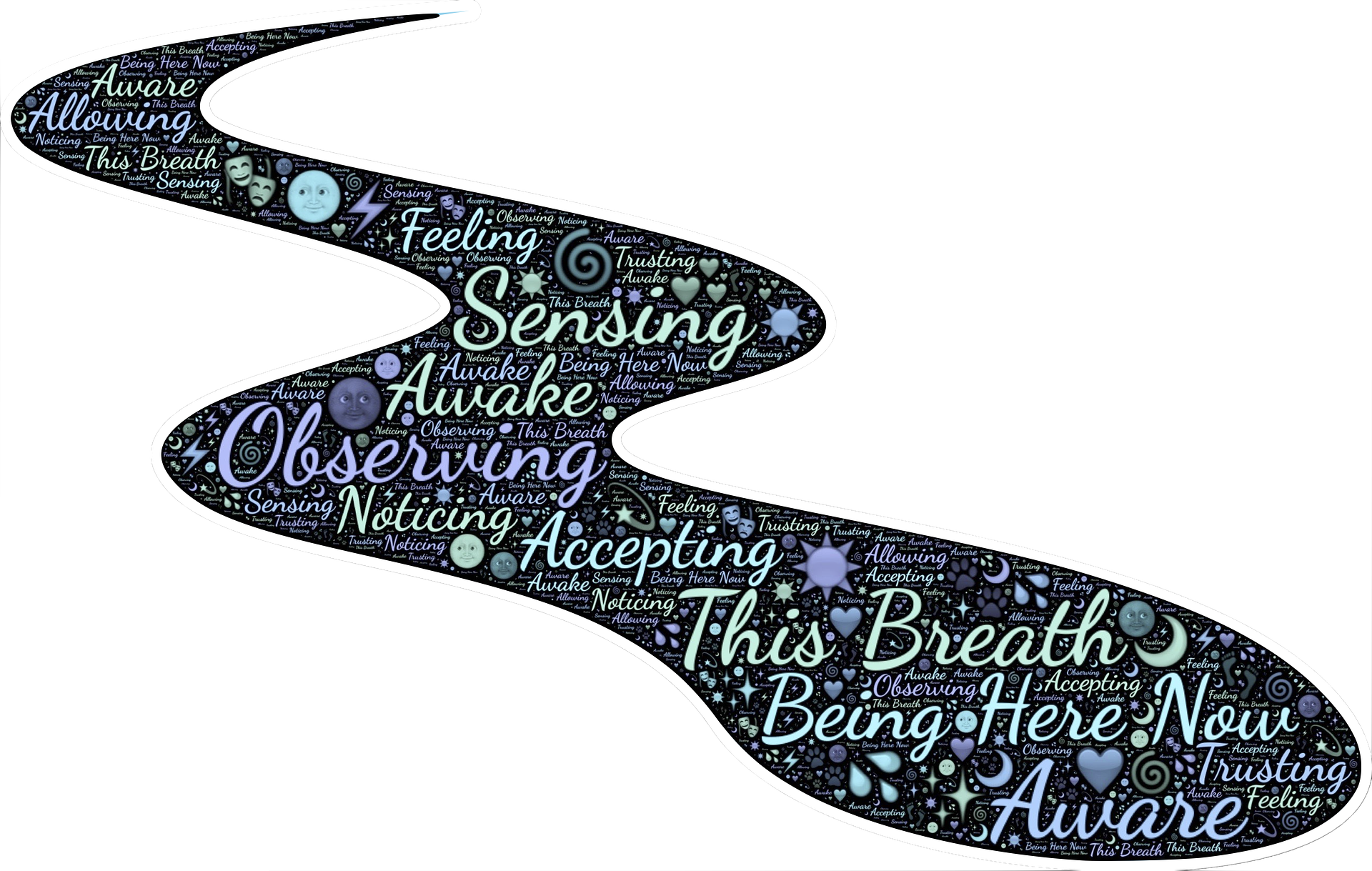heart failure Treatments
heart failure Treatments
The damage that heart failure can do to the heart’s pumping action is not always reversible. Nevertheless, current treatments can significantly improve the quality of life of people with this condition by keeping it under control and helping relieve many of the symptoms. Treatment also focuses on treating any conditions that may be causing the heart failure, which, in turn, lessens the burden on the heart. A doctor or cardiologist will discuss treatment options with the person and suggest the best choices, depending on the individual’s circumstances.
Medications
Many different medications are available to treat the symptoms of congestive heart failure. They include:
ACE inhibitors
Angiotensin-converting enzyme inhibiting drugs reduce the heart’s workload by helping the arteries relax and lowering blood pressure. ACE inhibitors boost the performance of the heart and can improve the person’s quality of life.
ARBs
Angiotensin receptor blockers reduce symptoms of heart failure and prevent blood pressure from rising. They include candesartan, losartan, and valsartan.
ARNIs
Angiotensin receptor-neprilysin inhibitors reduce strain on the heart to help treat heart failure.
SGLT2 inhibitors
Also called gliflozins, sodium-glucose cotransporter-2 inhibitor drugs may help prevent and treat heart failure, according to a 2019 study.
Diuretics
Diuretics help relieve ankle swelling and fluid retention. These drugs also relieve breathlessness resulting from heart failure. Diuretics remove water and salt from the kidneys in the urine. The three main types of diuretics are loop diuretics, thiazide diuretics, and potassium-sparing diuretics.
Anticoagulants
Anticoagulant drugs thin the blood, making it harder for the blood to clot and helping prevent a stroke. The most common anticoagulant is warfarin. Doctors will monitor a person closely when they are taking this medication.
Digoxin
A drug called digoxin slows down the heartbeat to treat a fast, irregular heart rhythm and improves the strength with which the heart contracts.
Antiplatelet drugs
Medications that stop blood platelets from forming clots are called antiplatelets. Aspirin is an antiplatelet drug that can be suitable for people with a very high risk of a heart attack or stroke and a low risk of bleeding or those who have previously had a heart attack or stroke. Current guidelines no longer recommend the widespread use of aspirin to prevent cardiovascular disease.

Surgery
Not everyone with heart failure responds to drug treatment. In these cases, there are some surgical options:
Coronary artery bypass graft
Doctors commonly recommend this procedure when coronary artery disease is the cause of congestive heart failure.
Heart valve surgery
This procedure repairs a defective valve that makes the heart pump inefficiently.
Implantable left ventricular assist device (LVAD)
For hospital inpatients who have not responded to other treatments, an LVAD can help the heart pump blood. Doctors may use it for individuals who are waiting for a transplant.
Heart transplant
If no other treatments or surgeries help, a transplant is the final option. The medical team will only consider a heart transplant if the person is healthy other than the problem with their heart.
Avoid smoking
Heart Valve Disease



